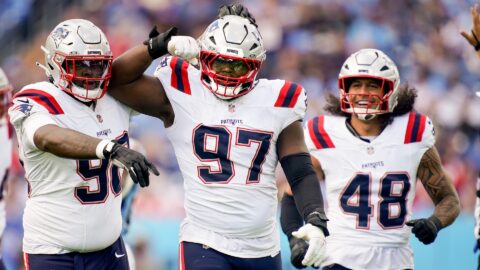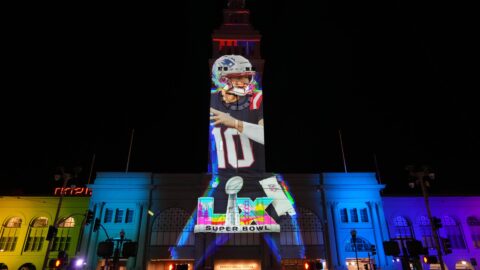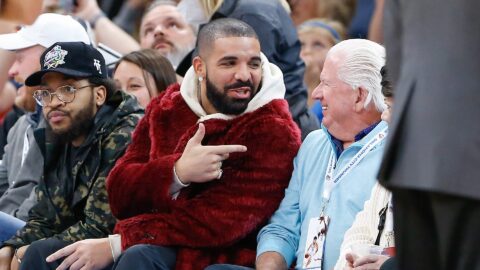Candice Wiggins felt like a stranger in a strange land during her WNBA career.
The former WNBA player revealed Monday in an interview with The San Diego Union-Tribune the reasons why she ended her pro basketball career, claiming other players bullied her because she’s popular and heterosexual in a league in which the overwhelming majority of players are gay and unheralded.
“I wanted to play two more seasons of WNBA, but the experience didn’t lend itself to my mental state,” Wiggins told the Union-Tribune. “… I didn’t like the culture inside the WNBA, and without revealing too much, it was toxic for me. … My spirit was being broken.
“Me being heterosexual and straight, and being vocal in my identity as a straight woman was huge. I would say 98 percent of the women in the WNBA are gay women. It was a conformist type of place. There was a whole different set of rules they (the other players) could apply.”
“There was a lot of jealousy and competition, and we’re all fighting for crumbs (of national attention). The way I looked, the way I played — those things contributed to the tension.
She also claims WNBA players feel pressure to imitate their NBA counterparts’ playing style in order to popularize their league.
“People were deliberately trying to hurt me all of the time,” she told Union-Tribune. “I had never been called the B-word so many times in my life than I was in my rookie season. I’d never been thrown to the ground so much. The message was: ‘We want you to know we don’t like you.’
“So many people think you have to look like a man, play like a man to get respect. I was the opposite. I was proud to a be a woman, and it didn’t fit well in that culture.”
Wiggins was drafted in 1998 and played eight seasons with four teams, including the Minnesota Lynx, which she helped win the WNBA championship in 2011. She retired last March and now is pursuing a professional volleyball career.
No published data on the number of gay WNBA players exists, and Wiggins said in a follow-up interview she used the 98 percent number figuratively.
“It was my way to illustrate the isolation that I felt personally,” Wiggins told the newspaper. “I felt like the 2 percent versus the 98 percent. It felt that way to me. And it’s not just the players. It was the coaches. It was the leaders.”
Wiggins’ comments have made waves around the WNBA, with many players disputing her perception of the league’s culture.
But Wiggins sticks by her assertions.
“It wasn’t like my dreams came true in the WNBA,” she said. “It was quite the opposite.”
The WNBA declined comment on Wiggins’ interview when contacted by ESPN on Wednesday.
Click to read the full story at The San Diego Union-Tribune >>
Thumbnail photo via YouTube/Mike Peden



